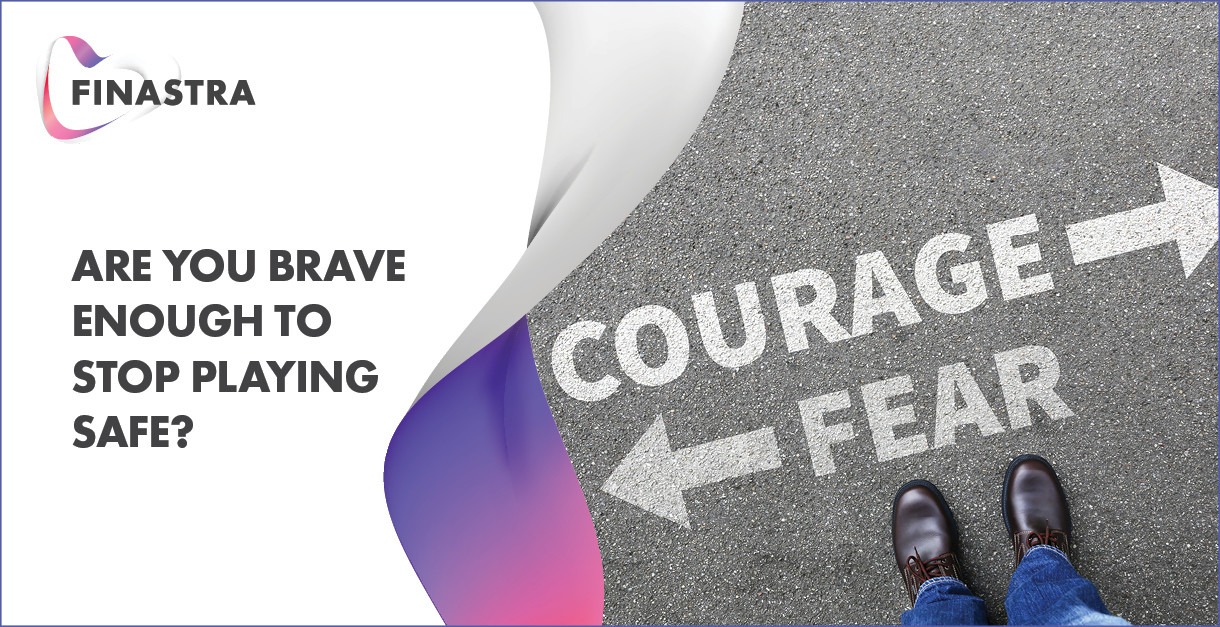This month’s 12PM Talk Show focused on the importance of courage – in our everyday lives, our careers, and as leaders. I was joined by best-selling author, speaker, and Forbes columnist Margie Warrell for her insights.
Here are the main takeaways from our conversation:
Brave leadership
Research shows that we overestimate risk and underestimate positive outcomes – we are twice as sensitive to downside risk than to the upside. The danger of dwelling on risk is that we fail to act. Margie pointed out that the world will continue to evolve and develop and we must change along with that. If we don’t, we won’t grow and learn – and we won’t up with those who are growing and learning.
As leaders, we can only fulfill our roles if we embrace risk: courage is at the heart of great leadership. We need to calculate the cost of inaction and the value of lost opportunities. This means confronting the inner voice that wants to be risk-averse and asking, ‘what’s the cost if I listen to it?’
Resilience
The key to becoming comfortable with risk is to be more resilient. If we take a chance and it doesn’t work out, we should remind ourselves that humiliation and failure are temporary, embrace the learnings, and apply the experience to future decisions. Margie quoted Henry Ford: “Failure is simply the opportunity to begin again, this time more intelligently.”
A good measure of our resilience is how we explain our failures. Many people talk of failures as personal and permanent but they are really just an event in a much wider context. Microsoft CEO Satya Nadella says, “When I think about my career, my successes are built on learning from failures. The way I measure my life is – am I better than last year?”
Building a risk culture
To be competitive and grow, organisations need a culture of courage where it’s safe to fail. The bigger an organisation becomes, the more risk-averse its culture will be. As Margie put it, unless we feel safe, we will play safe – we should commit to risk even if we aren’t comfortable with it. And the leaders set the tone: all great leadership begins with self-leadership.
Trust lies at the heart of all courageous cultures. We each have a rich network of relationships: the trust between us enables much more to be done. We should start by asking, ‘what do people count on me for?’ and actively work to build trust. It’s the little things that build trust, like giving plenty of credit where it’s due. If trust is damaged, act immediately to fix it – it takes years to build and a few seconds to destroy.
Inclusion
During our discussion we touched on how to foster a courageous culture at work and build a sense of belonging and shared purpose. It’s important to feel we’re part of something bigger than ourselves. For leaders, this means being visible: the CEO of Qantas makes a point of visiting offices and workshops frequently, showing his willingness to connect on a human level. Being honest about failures and open to learning enable leaders to build trust, set an example, and foster inclusiveness: it’s about being authentic.
To wrap up, the way to build and lead a courageous culture is to always be mindful of the tendency to overstate what could go wrong and always be mindful of the cost of inaction.
